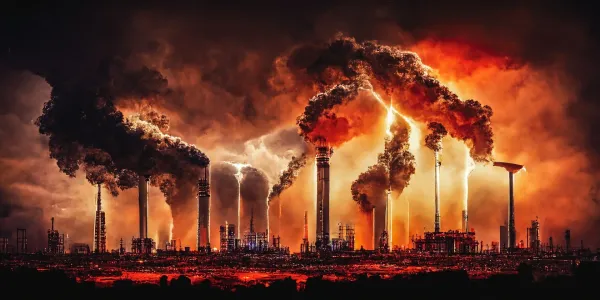
Policy conflict
Policy conflict – definition
A policy conflict is a situation where one economic objective is achieved at the cost of another objective, such as setting an objective of reducing unemployment, which could lead to rising prices.
The potential for policy conflicts is high, and represents a problem for policy makers.
The majority of macro-economic policy conflicts are associated with policies which aim to regulate aggregate demand – namely, fiscal and monetary policy.
Macro-economic problems can be associated with excessive aggregate demand – such as inflation, and a growing trade deficit – and insufficient aggregate demand – such as rising unemployment, deflation and recession.
Examples of conflicts
| Policy | Objective | Conflict |
| Expansionary demand side policy | Reduce unemployment | Higher inflation |
| Expansionary demand side policy | Economic growth | Trade defict |
| Expansionary demand side policy | Reduce unemployment | Rising externalities |
| Reducing marginal taxes (part of supply side policy) |
Stimulate enterprize and economic growth | Rising inequality |
| Contractionary demand side policy |
Reduce inflation | Unemployment |
N.b. this list is by no means exhaustive.
A possible way to resolve some of the problems associated with conflicting objectives is to use a policy rule, such as Tinbergen’s rule – which advocates that for every single policy objective there must be a separate policy instrument -for example, using exchange rate manipulation specifically to ease a balance of payments problem.
However, given that most, if not all, economic variables impact on more than one other variable, it must be concluded that policy conflicts cannot be eliminated completely. This is one of the reasons why supply-side policy is attractive in that it appears that there are far fewer conflicts associated with supply-side policy.
However, that is not to say that supply-side policy has no conflicts. For example, in reducing marginal tax rates to provide incentives to individuals and firms, there may be, at least in the short run, an increase in inequality.


